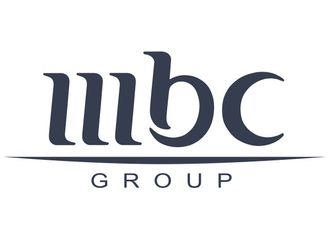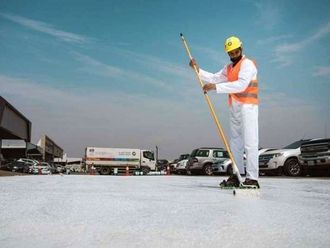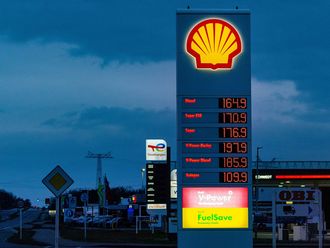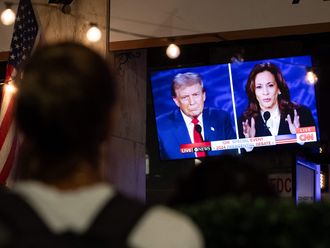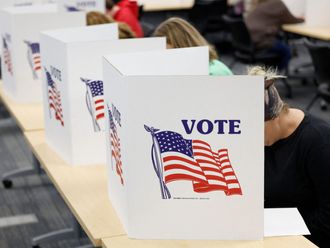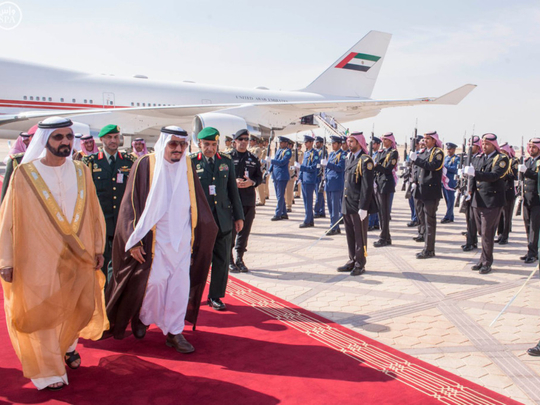
Riyadh: Arab leaders and top officials from South America converged on Saudi Arabia Tuesday for a summit aiming to strengthen ties between the geographically distant but economically powerful regions.
The 34 countries participating represent some 700 million people, approximately 10 per cent of the world’s population.
Ahead of the two-day summit, which starts Tuesday, Arab League Secretary General Nabil Al Arabi was quoted in the state-run Kuwait News Agency as saying that trade between the two regions reached $30 billion (Dh110 billion) in 2014, compared to just $6 billion when the summit began a decade ago.
Saudi Arabia’s Prince Turki Bin Mohammad Bin Saud Al Kabeer, deputy foreign minister for international relations, was quoted in Saudi media as saying that the ASPA summit, as it is known, would focus on bolstering political, trade, cultural and investment cooperation between the two regions.
He said that Arab states are “well aware of the importance of having good relations with our friends in the South American region”. The ASPA summit would address a whole range of issues including on priority regional issues such as Palestine, Syria, Yemen and Libya.
The UAE delegation will be led by High Highness Shaikh Mohammad Bin Rashid Al Maktoum, Vice President and Prime Minister of the UAE and Ruler of Dubai.
United Nations chief Ban Ki-moon was expected to attend the opening of the Fourth Arab South American Summit, which began at 8pm Dubai time.
Saudi state television showed the arrival of President Nicolas Maduro of Venezuela, whose country belongs to the Organisation of the Petroleum Exporting Countries along with Saudi Arabia, the world’s biggest oil exporter.
President Rafael Correa of Ecuador, Opec’s smallest member, was also scheduled to attend the summit but it was not immediately clear whether other Latin American heads of state would be present.
Arab presidents who arrived for the summit included President Omar Al Bashir of Sudan, President Abdul Fattah Al Sissi of Egypt and President Fuad Masoum of Iraq as well as Palestinian President Mahmoud Abbas, state media said.
Other delegates include Gulf rulers and King Abdullah II of Jordan.
The summit draft declaration, excerpts of which have been already published by the press, calls on the Israeli regime to withdraw immediately from all occupied Arab territories, including the Syrian Golan Heights and Lebanese territories, according to Kuna. The declaration also praises the $274 million donation of Saudi King Salman Bin Abdul Aziz for relief action in Yemen and the initiative by Bahraini King Shaikh Hamad Bin Eisa Al Khalifa on forming an Arab human rights tribunal. It welcomes the truce declaration, issued by Israel and the Palestinian movement Hamas, in Cairo, according to an Egyptian initiative, and the national dialogue in Sudan. It also denounces terrorism, rejects its linkage to any religion, race or culture, affirms commitment to preserving Syria’s territorial sanctity and the necessity of resuming the political conciliation process for Yemen.
Ahead of the two-day summit, Sudan’s Foreign Minister Ebrahim Ghandour said windows of cooperation have long existed “but haven’t been open enough to take advantage of the capabilities” of both regions.
He said Sudan, for example, has land and water “that could enable it to become the Arab and South American food basket”.
This is the fourth Arab-South American summit to bring together top officials from the Arab League’s 22 member-states and 12 countries from South America. The meetings, held every three years, began in Brazil in 2005, followed by summits in Qatar and Peru.
- with inputs from AFP and AP


